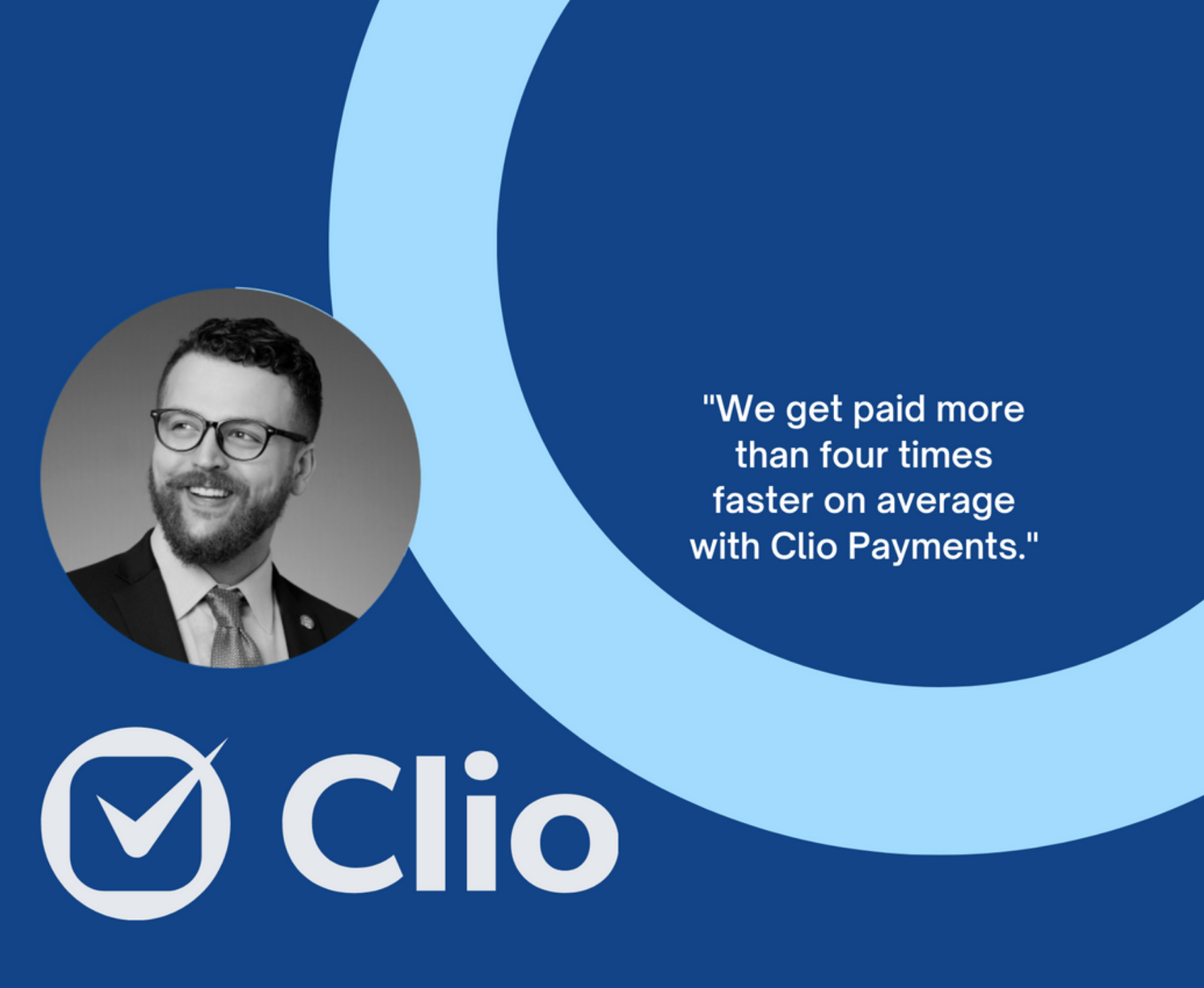How a Mediation Attorney Can Help During a Washington Divorce
The dawning realization that your marriage is no longer working can be overwhelming and emotional. Whether you and your spouse have slowly drifted apart or one of you wants to leave the marriage to start a new life chapter, the divorce process can seem daunting. As you begin to explore your divorce options in the Seattle area, it’s important to recognize the variety of options available to help you dissolve your marriage. For instance, mediation offers many separating couples the opportunity to negotiate the terms of their divorce with the guidance of a neutral third party. Unlike appearing in court before a judge, mediation empowers the parties to determine the outcome. This post will provide a brief overview of the divorce mediation process in Washington State and offer some concrete steps to help you get started.
Understanding the Purpose of Mediation
Even separating couples who remain on amicable terms may not see eye to eye on each aspect of the divorce. Mediation offers a private, supportive environment in which the parties can present their points of view and work toward a mutually agreeable resolution. Rather than leaving the outcome in the hands of a judge, mediation offers divorcing couples the opportunity to discuss each issue and arrive at a resolution on their own terms off the public court record. As you navigate through each aspect of your divorce, such as property division, spousal support, parenting plans, child support, and other important matters, a neutral third party (called a mediator) will facilitate these discussions and steer the negotiations toward a workable solution. Ultimately, the goal of mediation is to empower both parties to take an active role in determining the outcome.
Minimizing the Need for Litigation
For several decades, Washington state has recognized the effectiveness of mediation. Most jurisdictions require divorcing couples and other disputing parties to participate in mediation (or another type of alternate dispute resolution) before proceeding to trial. Qualified and experienced mediators have tools to help disputing parties resolve their differences and obtain a mutually agreeable outcome. Since the mediation process does not revolve around the court’s schedule, it usually saves participants considerable time and money compared to litigation. Additionally, most parties who resolve their disputes through mediation are more likely to express satisfaction with the outcome, as they play a direct role in shaping the resolution. However, it’s important to note that mediation is not always successful for every divorce, but having an experienced mediator can greatly improve your chances.
Defining the Mediator’s Role
Mediators come from a variety of backgrounds and experiences. It’s important to note that most mediators do not come from a legal background; as well-meaning as they may be, they may lack the experience and legal know-how necessary to handle the nuances of your matter. Try to find a mediator with a background in practicing divorce and family law. They understand the ins and outs of the divorce process, enabling them to guide the parties through each step while providing clarity and support at every turn. Mediators do not take the side of any party—their role is to facilitate conversations and negotiations between the parties. Should a disagreement arise, the mediator will assess the situation to determine the most effective method for helping the parties work through the issue. The mediator does not assume the role of a judge, as they do not influence the outcome. Their goal is to encourage the parties to share their points of view, listen actively to one another, and collaborate on a workable solution.
What to Expect During the Divorce Mediation Process
As you and your spouse begin the divorce process, you will need to participate in mediation, as this process is mandatory in Washington state. Once you’ve identified a mediator whose communication style you appreciate and trust, you will select a date for the mediation. The parties will exchange all relevant information and materials, providing the mediator and each other with the history and context of your dispute, as well as your hopes and goals for your desired outcome. While each mediator may take a slightly different approach to the process, many mediators (and our office) favor what’s known as shuttle diplomacy. During this process, the parties will sit in separate rooms, and the mediator will travel back and forth between the parties to help them understand and resolve the dispute. Once the parties have arrived at a workable solution, the mediator will draft a written settlement document detailing the terms of the agreement. Once both parties have signed this agreement, it becomes a legally enforceable settlement.
Empowering You to Take Control of Your Future
It’s no secret that the divorce process can be emotionally draining and stressful for most people. As you start to explore your options for achieving your divorce goals, consider the benefits of mediation. You and your soon-to-be ex-spouse can work together to dictate the terms of the divorce, giving you full control over your newly independent futures. If you’re ready to provide yourself with a firm foundation for your life’s next chapter, start reaching out to divorce mediation attorneys to discuss your options.
If you are interested in learning more about the divorce mediation process in Washington state, call The Hemmat Law Group at (206) 682-5200 to schedule a mediation today.
The Hemmat Law Group (HLG) was founded in 1994 by Steven Amir Hemmat, a former DOJ Trial Attorney. We specialize in family law, supporting victims of the legal system.
Hemmat Law Group help good people in bad situations.
Our divorce lawyers provide expert legal advice for all aspects of divorce, including child custody, support and property division. Contact us today.














